Service-Learning Program
What is Service-Learning?
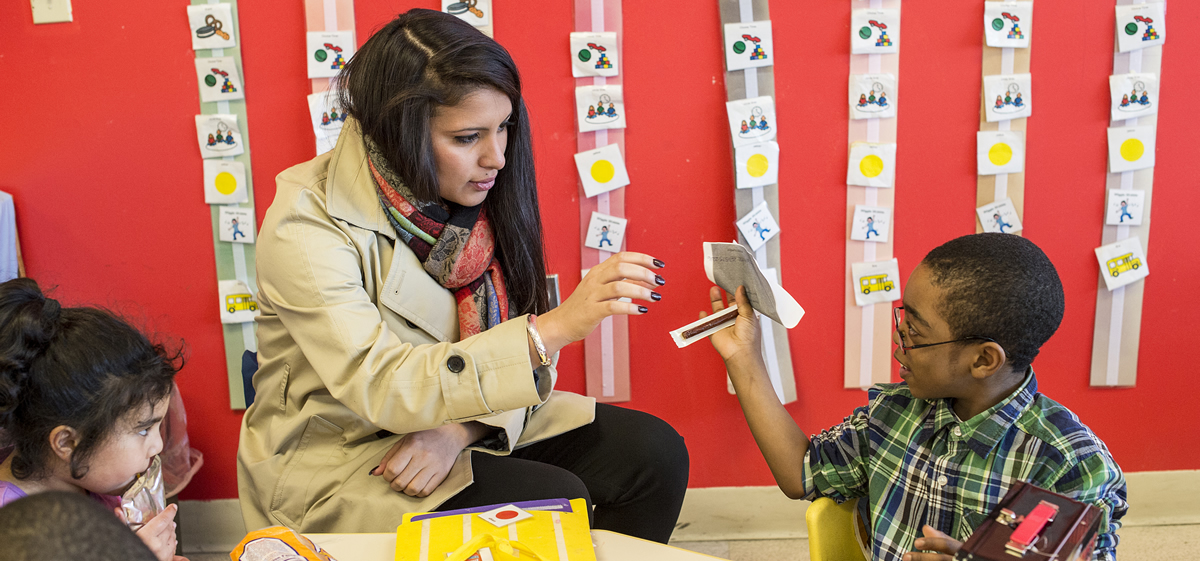
Service-learning is a form of experience-based education where students engage in service as part of their academic course work.
We believe that engaging with relationship-based service can help students better understand the abstract concepts presented in their classes. Likewise, the ideas learned in class can help students make sense of the human and social problems they encounter through their service work. Through SJU's mission of inclusiveness, students engage with topics including educational inequality, poverty, disability justice, mass incarceration, food insecurity, and more.
Three hours will change your life.
Service-Learning students complement their course readings and assignments with what they learn at service in Philadelphia working with marginalized populations. Through courses in various departments, service-learning students expand their understanding of the course material by working with, learning from, and serving individuals at their assigned community partner organization.
First-year students have the rare opportunity to enroll in a two course sequence that allows students to stay with the same faculty member, peers and community partner for the entire academic year.
Upperclass students have the opportunity to enroll in the direct service courses, project-based courses, immersive courses and internships with local and international Service-learning community partners.
First-Year Student Service Learning Courses
First-Year Service-Learning classes are offered through courses that also fulfill major or University requirements. The students’ experiences at service will be integrated with course content and reflection. For Education majors, there is a designated Service-Learning course sequence to accommodate their specific field work requirements.
Students attend class two or three times a week and participate in service weekly for approximately three hours. First-Year students go to service with at least one other classmate and commit to serving during the same day and time at the same placement for the entire academic year, such as every Monday from 1:00pm-4:00pm at Inglis House. There are two student alumni of the First-Year Service-Learning Program assigned to each class to support current students and answer questions.
If you are interested in enrolling in a First Year Student Service-Learning Course please contact the instructor.
Student Perspectives
Semester-Long Service-Learning Courses
Upperclass students have the opportunity to enroll in the direct service courses, project-based courses, immersive courses and internships with local and international service-learning community partners.
Courses are open for registration for the upcoming semester on the Nest. Service placements will be self-registered by students during drop/add week at the start of the semester.
Resources for Service-Learning Students
Service-Learning Resources and Courses
Service-learning courses can be relationship-based, project based or immersion based. All have meaningful commitments designed throughout the semester with a local community partner organization. Community-based work will be integrated with course content and reflection.
Student Leaders
The service-learning program has leadership positions which assist community partners, service-learning students and service-learning faculty. In the Jesuit spirit of cura personalis (care of the whole person) student leaders work in intentional community and are supported and challenged to develop personally and professionally.
Placement Liaisons
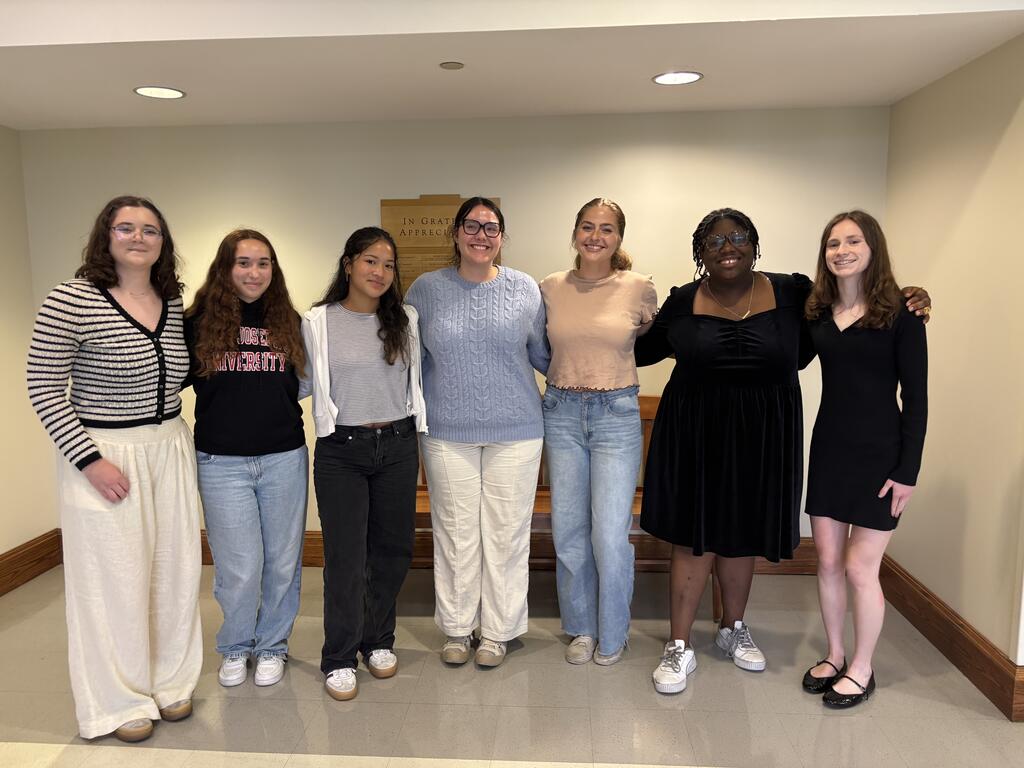
The Placement Liaison pilot program brought together four students over the summer and fall of 2008 to help foster personal relationship with our Service Learning Community Partners.
The main job responsibilities of the Placement Liaisons are:
- Work out of an intentional, faith based community
- Act as a liaison between the Service-Learning Community Partners, Service-Learning students, and the Faith-Justice Staff
- Foster new relationships with Community Partner Organizations
- Deepen long-standing relationships with Community Partner Organizations
- Work with students on any service or logistical concerns
Current Placement Liaison Facts:
- Attend trainings and retreats throughout the year
- Work with first-year and semester-long classes
- Responsible for working with approximately 4-6 Community Partner Organizations
- Meet weekly for supervision
- Participate in weekly Placement Liaison community staff meeting
For further information, contact:
Danielle Critelli
Associate Director of Partnerships
Email: dcritell@sju.edu
Phone: 610-660-1334
Service Scholars
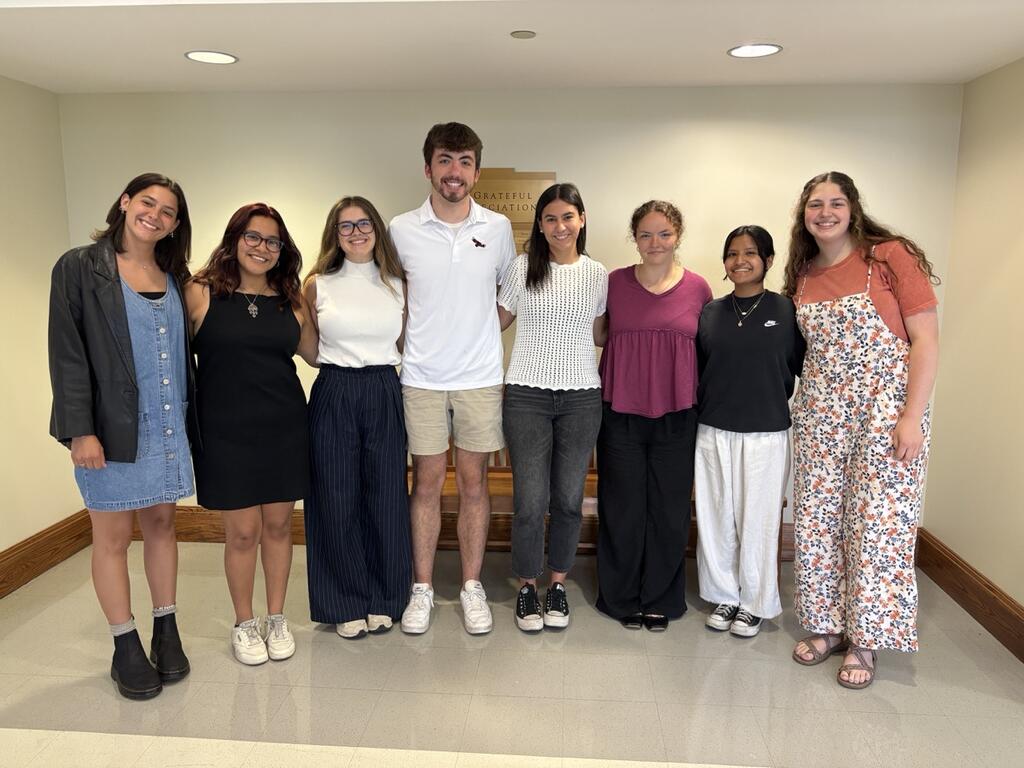
Service Scholars are student employees hired after their freshman year-long service-learning course. The position is held for the following three years.
The main job responsibilities of the Service Scholar position are:
- Work out of an intentional, faith based community
- Act as a liaison between the service-learning classes and Faith-Justice Institute
- Facilitate classroom discussions, read & respond to journals, blackboard or field notes
- Work with students on any service or logistical concerns
- Plan and participate in reflection dinners
Current Service Scholar Facts:
- Attend trainings and retreats throughout the year
- Work with first-year and semester-long classes
- Meet weekly for supervision
- Participate in weekly scholar community staff meeting
For further information, contact:
Sara Melley
Assistant Director
Phone: 610-660-1337
E-mail: sara.melley@sju.edu
International Service-Learning Opportunities
Service-Learning Study Abroad
The Center for International Programs offers a variety of Saint Joseph's-approved experiential study abroad opportunities including six programs with Service-Learning opportunities. A complete listing is here or you can search on the Center for International Programs search page.
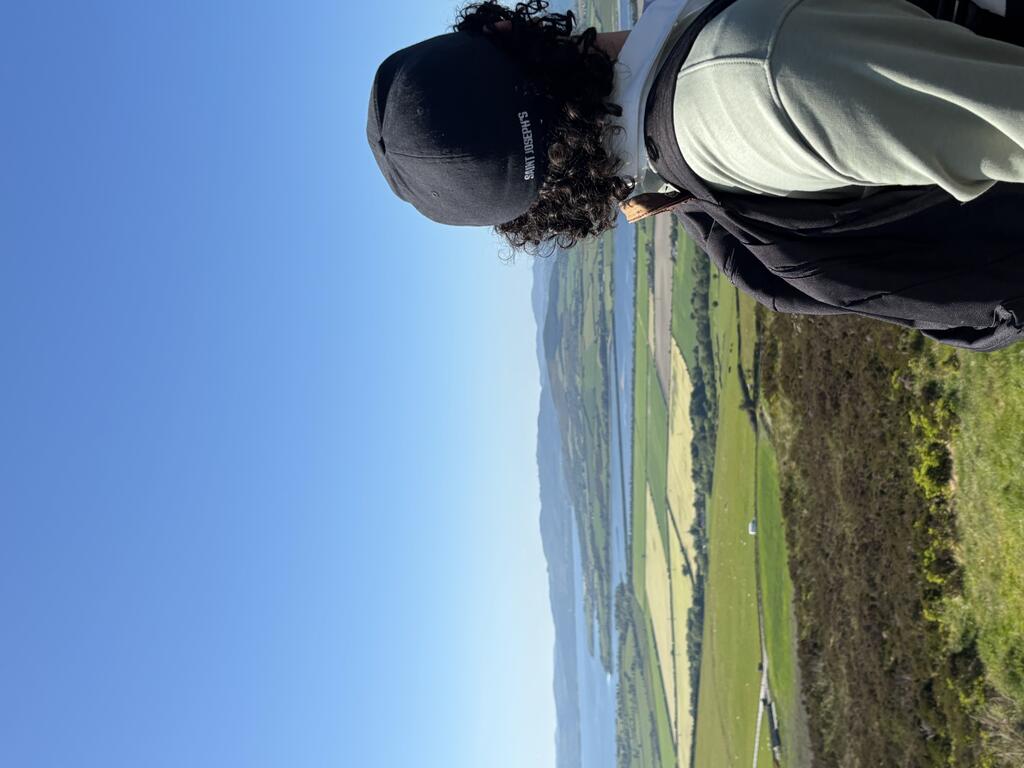
Study Tours
The student study tours offered by The Faith-Justice Institute in collaboration with the Center for International Programs are full-semester academic courses which include an immersion (10-14 days or 1 month) in a foreign country. Each course examines faith and social justice issues pertaining to the particular area of study as well as reflective and informed experience in a host country.
-
THE 368 ST1 and HSC 368 ST1: Costa Rica
Socially induced needs are a result of a historical development of material and social conditions coupled with a social consensus that some things are necessary for happiness, social life, or some other goal. In American society certain needs are considered a necessity. Most Americans would agree with this, although it is clear that societies have survived and often flourished without these necessary goods. However, many societies lack the wealth and infrastructure to supply these goods to the majority of their people. Adequate healthcare is not only a need of every person, it is a fundamental right that all persons deserve. The principle of justice demands an equitable distribution of healthcare resources that is adequate for the restoration and preservation of health for all members of humanity. This basic and adequate healthcare may be called humane insofar as it protects the dignity of every individual person. Just Healthcare in Developing Nations examines the issue of just healthcare for all peoples from both a public health perspective and an ethical perspective.
For further information, please contact Fr. Peter Clark, SJ at 610-660-1465 or pclark@sju.edu.
-
Northern Ireland Study Tour class
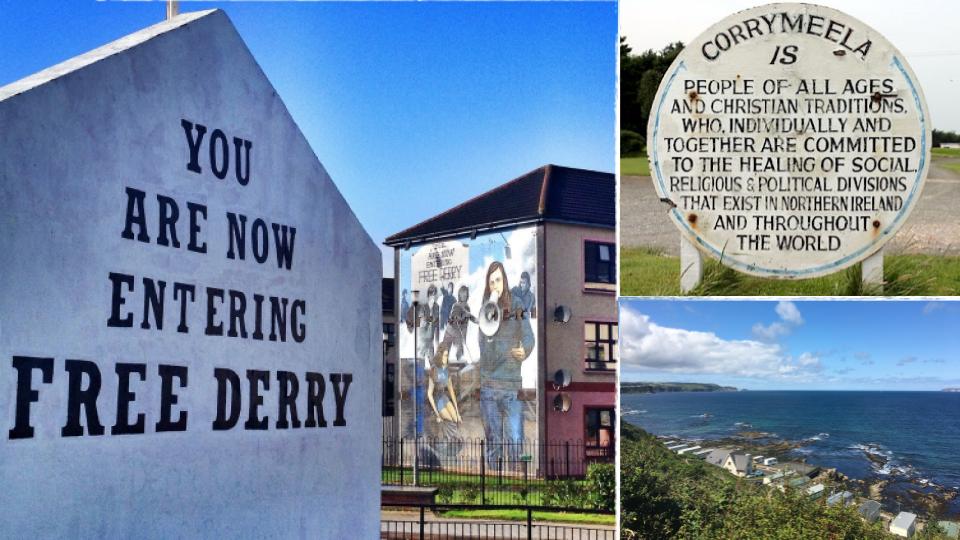
POL 370: The Politics of Conflict Transformation (Spring 2026)- The course considers how systems, politics, oppression and freedom impact the function of culture and society. Students will apply theories of conflict and conflict transformation to the start of the Troubles and beyond. They will examine the roles of coercive power, political institutions, and collective memories/identities for feeding conflict and making constructive transformation difficult. Immersion will give students an even better sense of the importance of these key factors as they will meet with political and societal leaders, learn first hand about security challenges, the difficulty of power sharing, and the obstacles to understanding, despite the many steps forward.
REL 275: Religion, Violence, and Terrorism (Spring 2025)- The course explores the nexus between religion, violence, and terrorism. Each of these three human phenomena – religion, violence, and terrorism – fill a void in the human psyche for significance. Each can be seen as a positive as well as a negative force in human society. The final section of the course focuses on "The Troubles" to understand its history, conflict resolution, and the post-Good Friday Agreement environment.
ENG 451: Identities in Conflict- Identities in Conflict examines violence and reconciliation in Northern Ireland through the mediums of literature and writing, while paying special attention to both the socio-historical roots of “The Troubles” and the moral context of discourses of retribution and forgiveness. The literature analyzed in this course will give voice to those who have experienced the troubles in non-fictional and fictional accounts.
Primary hosts for the immersion is the Corrymeela Community.
For more information contact: Sara Melley at Sara.Melley@sju.edu
-
THE 358 STR focuses on the Jesuit mission in Latin America and highlights the Jesuit and Indigenous traditions and Liberation Theology.
- Course occurs in Spring semester with an academic immersion in Bolivia.
- Students will visit public schools administered by Fe y Alegria, the largest Jesuit organization in the country.
- No Spanish is required, but recommended.
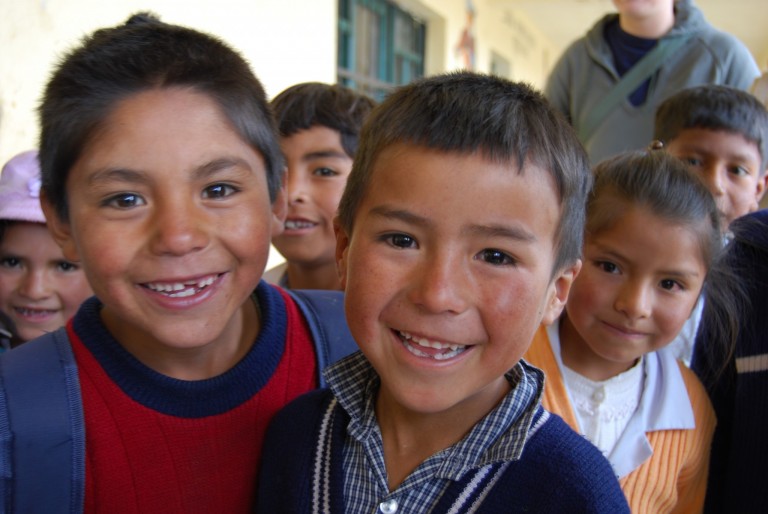
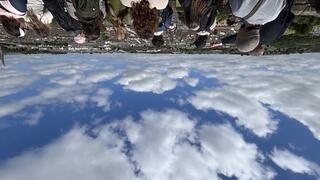
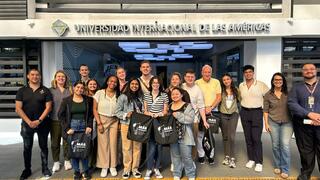
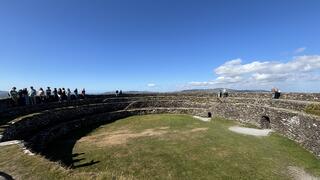
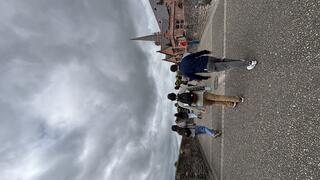
Costa Rica, 2025
Northern Ireland, 2025
Costa Rica, 2025
Northern Ireland, 2025
Costa Rica, 2025
Northern Ireland, 2025
Service-Learning and Jesuit Values
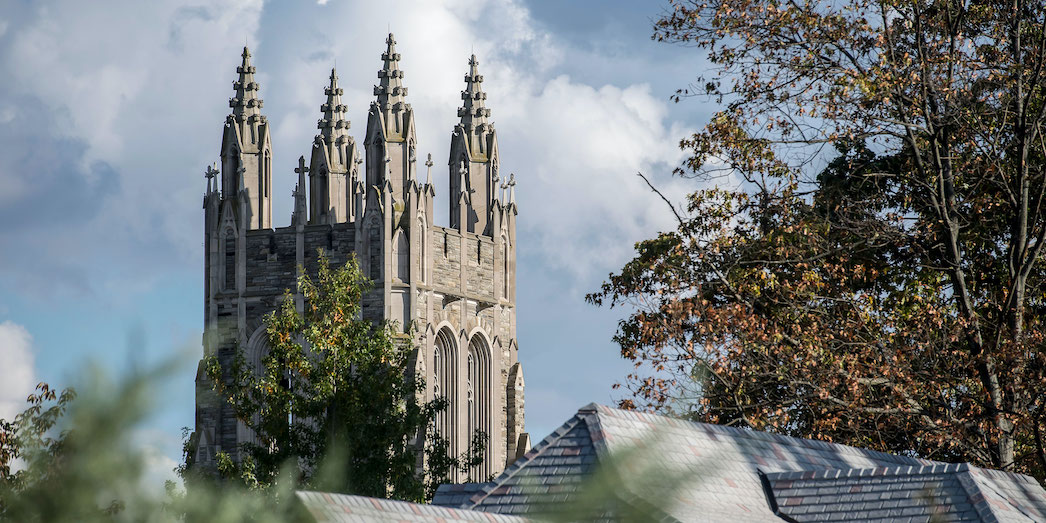 The Service-Learning Program at Saint Joseph's University is based in the Ignatian Tradition. In our courses this perspective is actualized by five core criteria seeking to foster a commitment to developing the whole person of conscience, competence and compassion.
The Service-Learning Program at Saint Joseph's University is based in the Ignatian Tradition. In our courses this perspective is actualized by five core criteria seeking to foster a commitment to developing the whole person of conscience, competence and compassion.